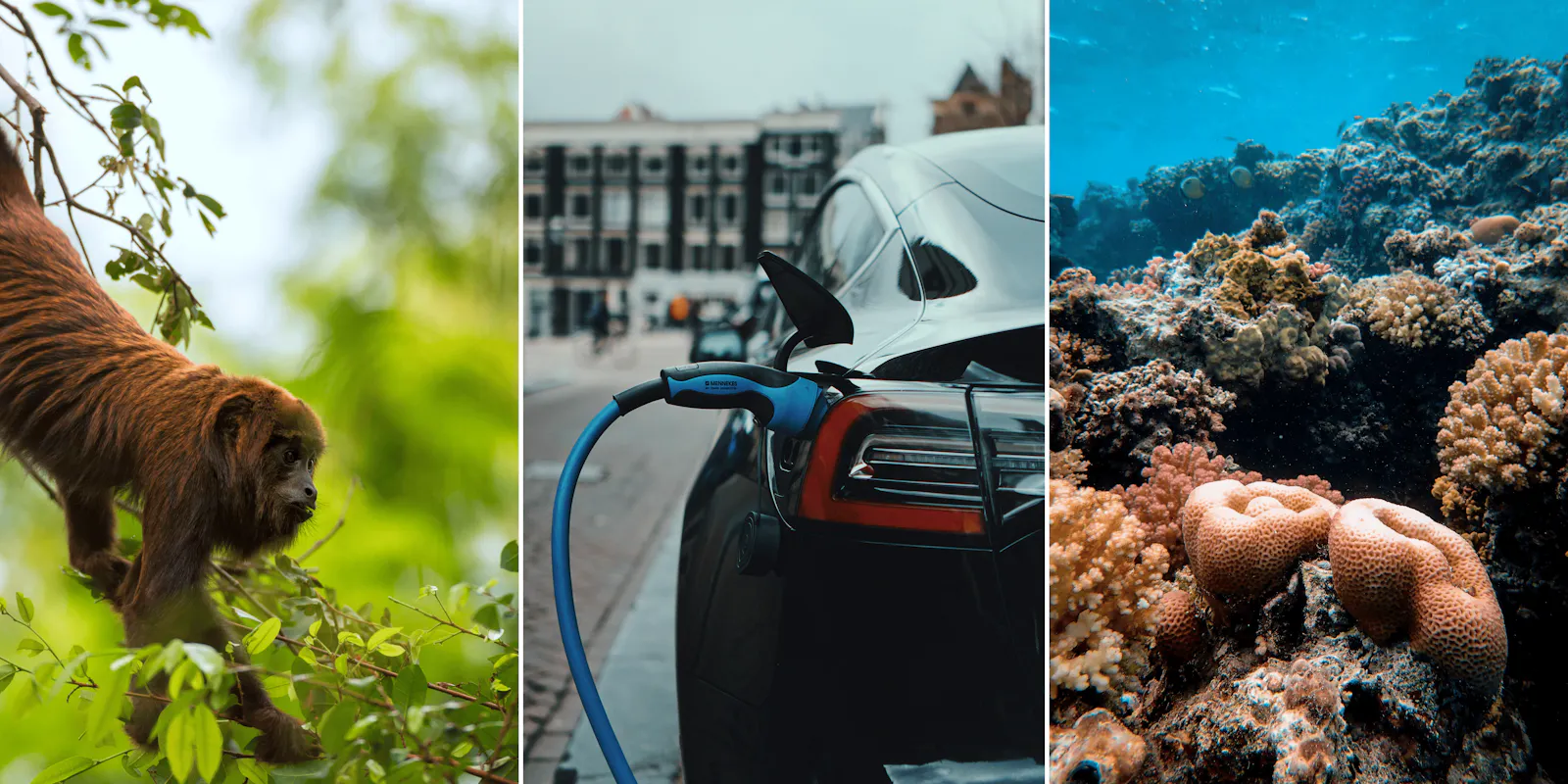Medical team transplants human bladder for the first time, New museum makes stories of migrants visible
May 21, 2025
Hello dear Good News community,
One of my absolute favorite places is the Netherlands - and now there's yet another reason to visit. Because a new museum has opened in Rotterdam, the “Fenix”. It tells the stories of people with a migrant backgrounds through works of art, photographs and personal objects. What a nice idea to give people visibility in this way.
Enjoy reading, Selina

 (Si apre in una nuova finestra)
(Si apre in una nuova finestra)Medical team in the USA transplants human bladder for the first time
A team of doctors in the USA has performed the world's first successful bladder transplant on a human. Medical experts are calling it a historic breakthrough. Until now, the bladder was not considered suitable for transplantation due to the high risks involved. Further operations, which are to be accompanied by a clinical study, are already planned. Source: THE GUARDIAN
Go to article (Si apre in una nuova finestra)
New museum makes stories of migrants visible
The new museum “Fenix” has opened its doors in Rotterdam. Covering around 16,000 square meters, it is dedicated to the stories of people with a migration background - told through works of art, photographs and personal objects. The museum aims to promote dialog and open up new perspectives. Source: THE NEW YORK TIMES
Go to article (Si apre in una nuova finestra)
Electric cars also on the rise in 2025
According to a report by the International Energy Agency (IEA), around one in four cars sold worldwide this year will be electric. According to the report, the market share of electric cars will reach 40% of all car sales by the end of the decade, further displacing the combustion engine from the market. Source: ECOWATCH
Go to article (Si apre in una nuova finestra)
After yellow fever outbreak: Brown howler monkeys recover
After a deadly yellow fever outbreak in 2016, the brown howler monkeys are recovering thanks to targeted vaccinations. The animals are native to the Atlantic Forest in Brazil and Argentina. They were the most severely affected by the yellow fever outbreak. Source: MONGABAY
Go to article (Si apre in una nuova finestra)
Almost like a real hand: robot learns sensitivity
Researchers at EPFL in Switzerland have developed a robotic hand that can grasp objects with human-like dexterity. This is made possible by a compliant material such as silicone. In the future, a robot could move objects with high sensitivity. Source: TECH XPLORE
Go to article (Si apre in una nuova finestra)
Using ink to combat coral deaths
Coral reefs protect coasts from waves and flooding. However, the climate crisis is affecting corals. Inspired by red algae, researchers have now developed a type of ink with metabolites. This is intended to attract corals to reefs in a natural way. Initial trials have been successful. Source: EUROASIA REVIEW
Go to article (Si apre in una nuova finestra)
Do you like what we do? Then support us!
We strongly believe that everyone should have access to Good News. 🙌 To make this possible, we need the support of readers like you! Every contribution, no matter how big or small, helps us bring good news to the world 💚
 (Si apre in una nuova finestra)
(Si apre in una nuova finestra)❣️ Thank you to all 150 supporters in May!
Good News is largely financed by the voluntary contributions of its users. We are a non-profit organisation and all income is reinvested. Thanks to your voluntary contributions, we are able to cover a large part of our staff and production costs.
🩷 We hope that with our hand-picked daily edition, we have been able to motivate you to initiate and promote positive change yourself.
💌 If you know someone who would enjoy receiving this newsletter, please forward this email to them to sign up (Si apre in una nuova finestra).
📲 Download our Good News app (Si apre in una nuova finestra) .
Best regards,
Bianca Kriel & Selina Mahoche

